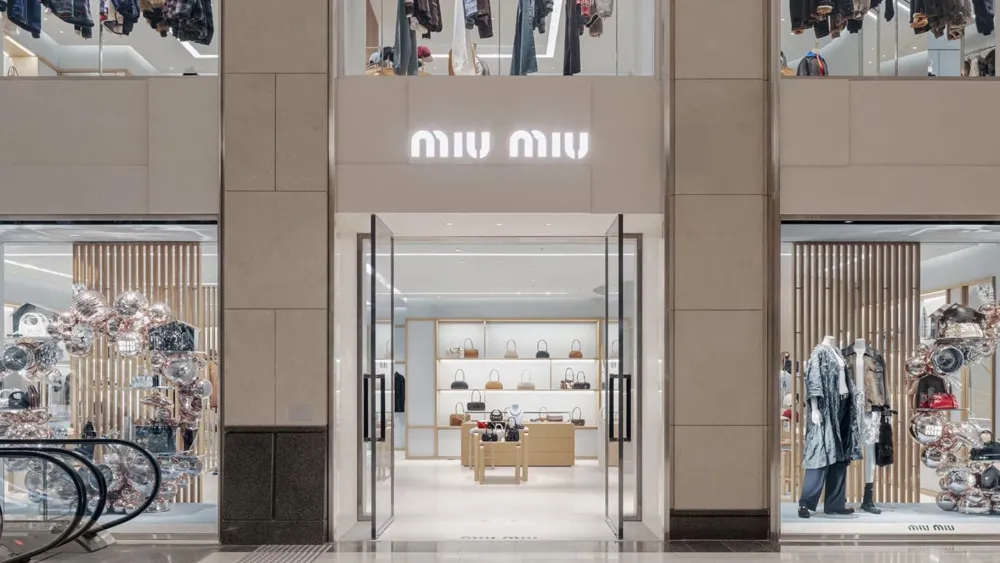
Weekly News Wrap: Pinduoduo launches US shopping site; Uniqlo shines in America on COVID-triggered revamp
And Korean cosmetics firm Amorepacific to buy skincare brand Tata Harper.
From CNBC:
Pinduoduo launched its U.S. online shopping site as the Chinese e-commerce giant makes its first major push overseas.
The website called Temu, which went online Thursday, lists items across a number of categories including clothing, jewellery, pet supplies and home and garden, and could mark a new challenge to U.S. e-commerce leader Amazon.
Pinduoduo did not respond to a request for comment when contacted by CNBC.
Temu marks Pinduoduo’s biggest push overseas yet as the domestic Chinese economy faces a number of challenges from a resurgence of COVID-19 to an energy crunch. That has hurt economic growth in China and dampened consumer sentiment.
From Reuters:
Just as inflation ravages the big guns of US apparel retail, awash in high inventory and deep discounts to lure shoppers back to stores, Japan's Uniqlo is set for its best year ever in North America after a COVID-imposed revolution in its business model.
Retailers from Gap to Kohl's are warning of slumping profit margins as inflation-wary customers hold off on buying clothing. But the flagship brand of Fast Retailing said it's poised to book its first annual profit in North America - after 17 years of trying - aided by a revamp of its logistics and pricing strategy, introduced during the pandemic, and essentially halting discounting. read more
Fast Retailing didn't say how much it will make from its 59 Uniqlo stores in the region, 43 of which are in the United States with 16 in Canada. The number will be small compared with the $2.1b (JPY290b) analysts polled by Refinitiv expect it to book in overall operating profit for the 12 months ended August around the world.
READ MORE: UNIQLO opens pop-up store in Poland
From Reuters:
South Korea-based personal products maker Amorepacific will buy Natural Alchemy, which operates the luxury beauty brand Tata Harper, as part of a strategic push to tap into the growing North American market.
Vermont-based Tata Harper, which was launched in 2010 by Tata Harper and her former husband Henry Harper, currently sells its products in 25 online stores and over 800 brick-and-mortar retailers such as Sephora, Bluemercury and Neiman Marcus.
It has grown in popularity in the United States over the past decade driven by a growing base of affluent, health-conscious consumers who are increasingly turning to environment-friendly, natural cosmetic products.
Tata Harper, which is a fast-growing and profitable business, sources farm-grown herbs and plants for its products.
Over the past few years, Tata Harper has fielded acquisition interest from other potential buyers, but ultimately decided to strike a deal with Amorepacific due to its R&D capabilities and global reach, according to a person familiar with the matter.



















 Advertise
Advertise







